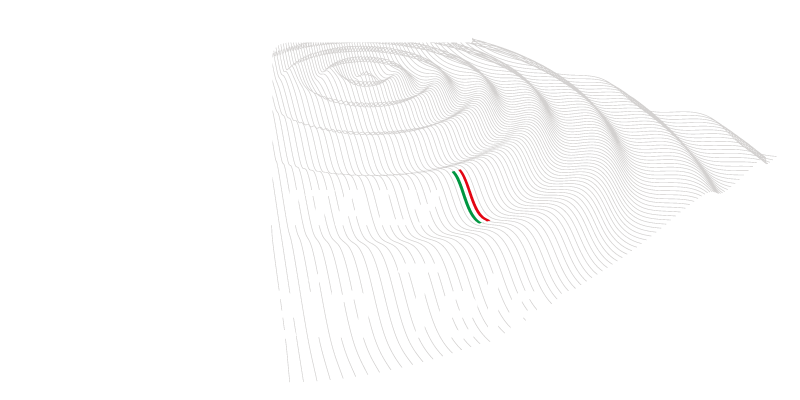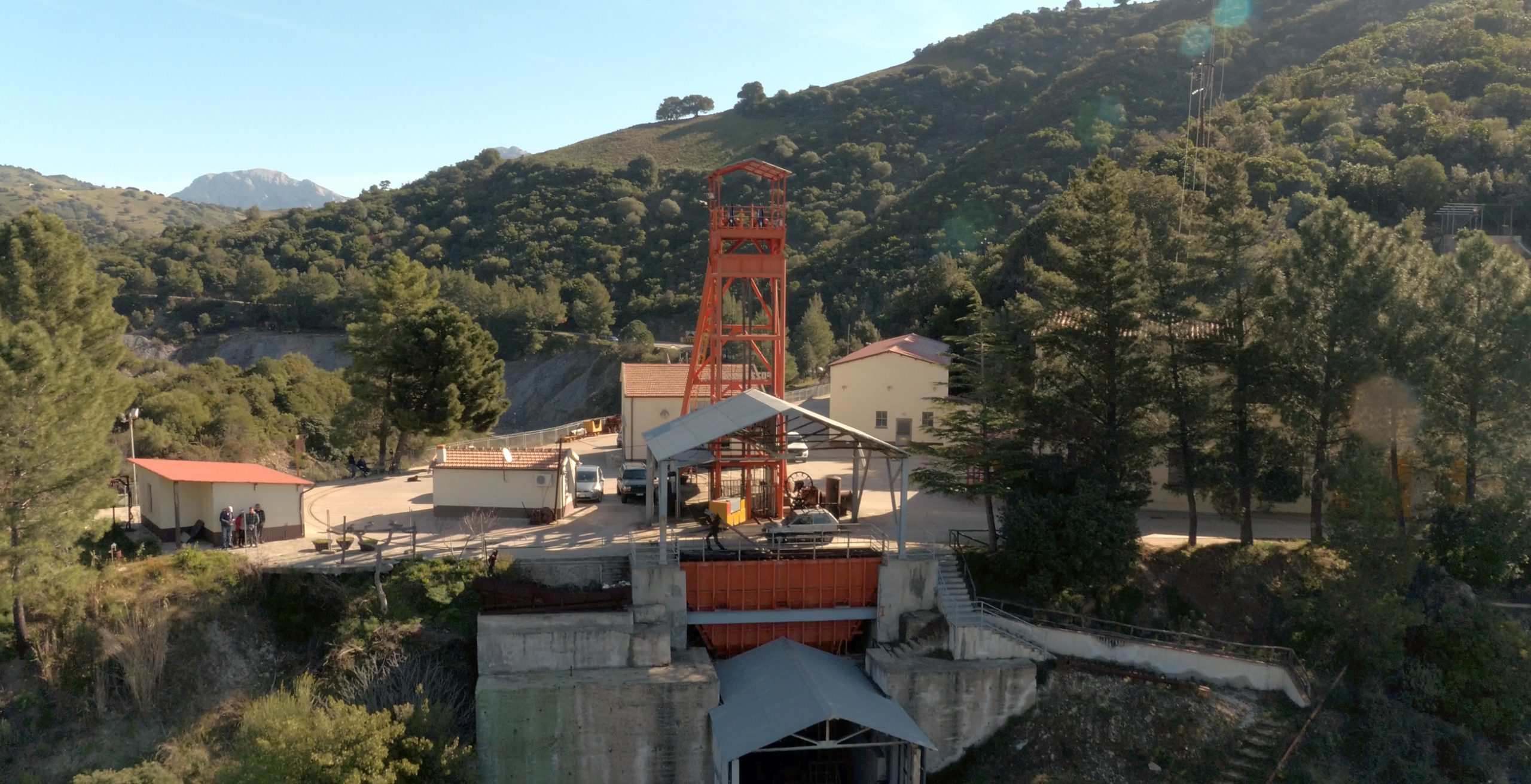On Tuesday, January 9th, the third meeting of the Technical-Scientific Committee supporting the Italian candidacy to host the Einstein Telescope took place. The meeting involved the participation of high-level representatives from the Ministry of Universities and Research (MUR) and the Ministry of Foreign Affairs and International Cooperation (MAECI).
Established by Minister Anna Maria Bernini in February 2023, the Committee is chaired by the Nobel Prize Laureate in Physics, Giorgio Parisi. Its members include Ambassador Ettore Francesco Sequi, former Secretary General of the Ministry of Foreign Affairs and International Cooperation, Marica Branchesi and Fernando Ferroni of the Gran Sasso Science Institute and the National Institute for Nuclear Physics (INFN), and Antonio Zoccoli, president of the INFN. Antonino Zichichi, former president of the INFN and founder of the Ettore Majorana Center for Scientific Culture, is the honorary promoter of the Committee.
The Committee provides advice to the Italian Government on the scientific aspects of the project, as well as supports the INFN in drafting the socio-economic impact study of the ET, with research and initiatives on infrastructure, human capital and business collaboration. Moreover, it has an important role in promoting the Italian candidacy at both the national and international level, in close collaboration with the Italian diplomatic network.
During the meeting, discussions centered on outlining the scientific prospects of the project, with particular emphasis on exploring the various possible configurations of the Einstein Telescope in order to determine the optimal solution from a scientific standpoint.
“The opportunity to open the meeting to representatives from MUR and MAECI was very useful to broaden the discussion topics that are typically under the responsibility of the Committee. The meeting was an important chance to discuss international convergences in support of the Italian candidacy, as well as the latest scientific updates about the different possible configurations of the experiment. In addition, we also discussed the potential fallouts of the project for the local community, and the best ways in which investments could be directed to enhance local infrastructure and services”, comments Fernando Ferroni.

